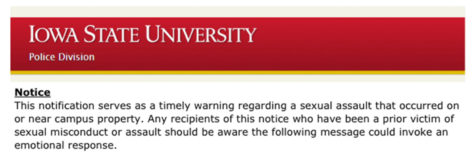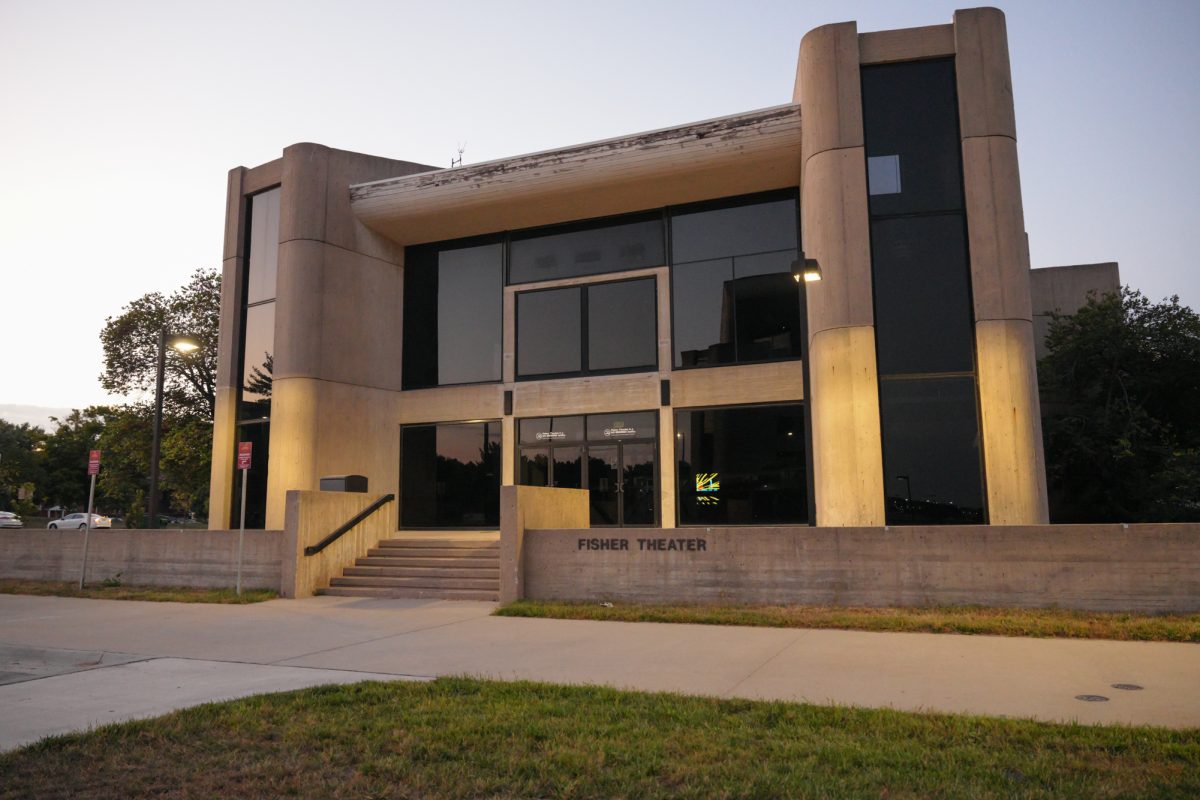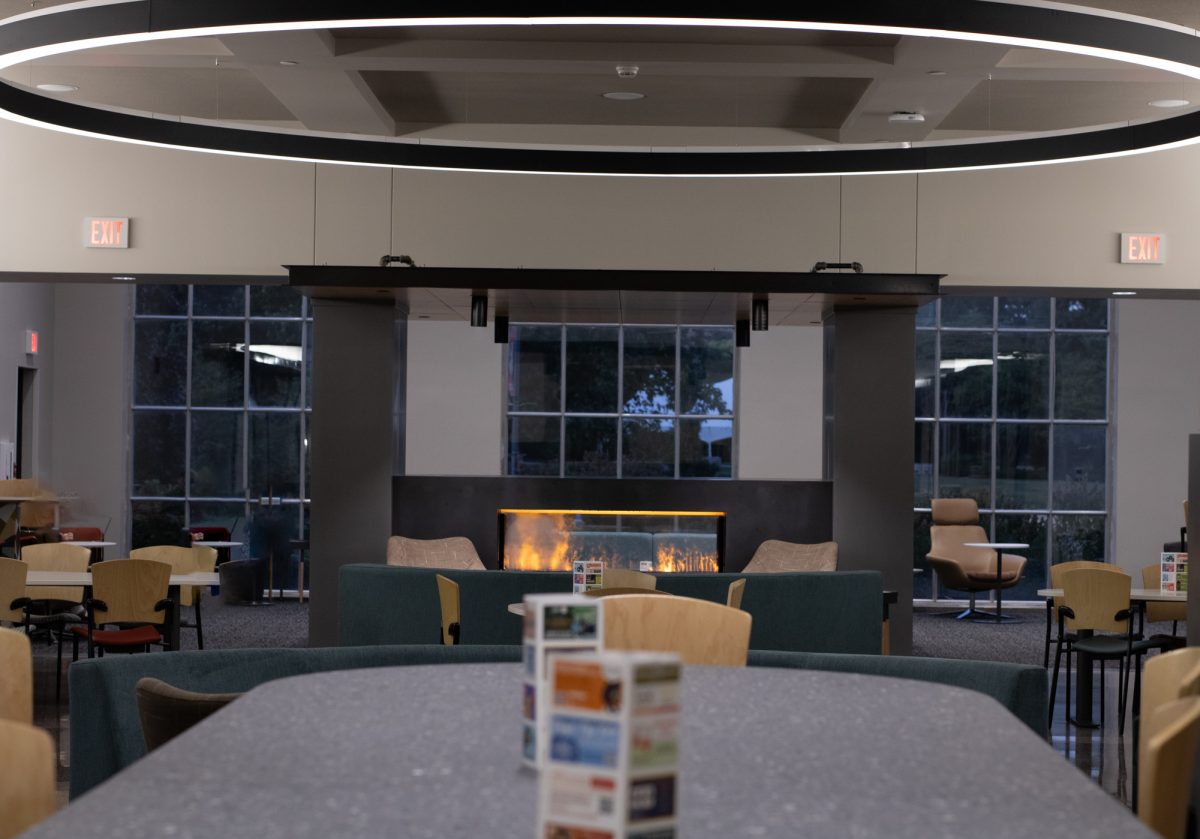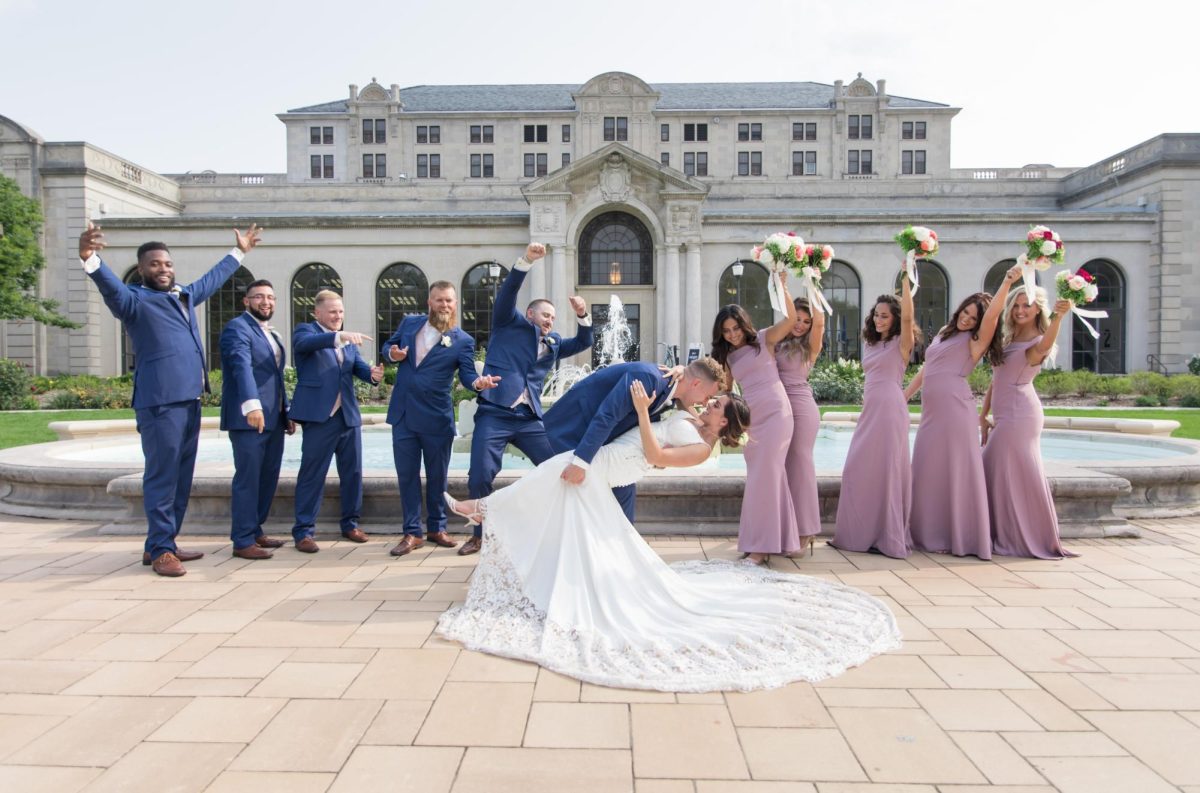Trigger warning: This article contains mention of sexual assault.
Seventeen sexual assault cases were reported on Iowa State’s campus in 2023 according to data from the ISU Police Department.
Iowa State faculty, students, Ames Police Department and Green Dot staff address the issue of sexual assault cases on campus and their perspectives on the matter.
Student Wellness Program Specialist Carrie Giese said in any community and environment there is a risk of one person acting out.
“Sexual violence and power-based personal violence most often occurs between people who know each other,” Giese said. “So when you have folks living in any community environment – not just by themselves – but any community and environment, there is the possibility of one person acting out on another.”
Lindsay Mescher, a sophomore in engineering, said when she sees the reported cases it makes her think twice about who she is becoming friends with and letting into her dorm.
“It just makes me feel sad for the victim because like I said, it’s usually just a friend or an acquaintance,” Mescher said.
Natasha Greene, engagement and inclusion officer of the ISU Police, said the Iowa State communities make sure there are safety resources available at students’ fingertips and they are engaging in educating communities.
“It’s creating communities that have education, that are looking out for each other and that are engaging in prosocial behavior,” Greene said. “That’s not a stereotypical safety precaution, but I think it’s far more impactful than some of the antiquated thoughts around safety that happen.”
ISU Police provides mobile blue lights, safe rides and virtual walks home for students to access campus safety tools.
Giese said there are several initiatives to work toward creating an environment free of sexual violence including Green Dot.
“[Green Dot] focuses in on bystanders being able to identify [and] work around their barriers and safely intervene to either prevent, stop, interrupt or make it less likely that sexual violence occurs,” Giese said.
Meredith Ponder Hanisch, director of communications and marketing for campus life, said for residents’ safety they provide a full-time staff member in each resident hall along with resident assistants in every house.
Ponder Hanisch said all of the resident assistants go through extensive training.
“It’s educating on what they can do,” Ponder Hanisch said. “Even the phrasing of power-based personal violence, what is that? What does that mean? How can you help?”
Mescher said she thinks cameras in the hallways of the dorms and having them locked at all times would be a good safety implementation.
“I mean I think they do a good job, they have the locks but I think having the doors locked all the time would be good because sometimes during the day if the doors are unlocked you can just walk in which can be scary,” Mescher said. “But they also have the lock where you need your ID to go up the elevator or to go up the stairs which I think is really nice in Geoffroy.”
Residence hall main entrances are unlocked from 7 a.m. to 7 p.m. Monday through Friday and locked 24 hours on the weekends.
“It is not about physical security [or]restricting access to spaces. Those measures are really more effective for theft prevention,” Greene said. “We just intrinsically wish that we had really physical material ways to stop such a harmful thing from happening.”
Mescher said she lives in Geoffroy Hall and feels generally safe in the dorms but her friend has experienced issues in the dorm hall bathrooms.
“Geoffroy has doors on the actual shower not just a curtain and some guy was able to get into the locked bathroom and then was knocking on my friend’s roommate’s door trying to get in while she was in the shower,” Mescher said. “So knowing that’s happening in my building is scary.”
Mescher said she has seen three or four assault cases reported in her email since the fall of 2023 semester began. Seven timely warnings were sent to Iowa State students in the fall semester, six of which were warning of alleged sexual assaults.
The timely warning emails are sent out as a requirement by the Clery Act, a set of laws mandating colleges and universities report the number of a set list of crimes committed on campus. The legislation passed in 1990 mandates a timely warning be sent out to all people on campus in a way that will aid in preventing similar crimes.

Greene said the efforts being made towards mitigating sexual assaults on campus are multifaceted as they are trying to reduce the harm that’s occurring but enhancing the community’s ability to intervene as well.
“I think it’s important that both of those efforts happen kind of simultaneously so that we’re not leaving survivors behind while we work towards lessening the likelihood of it happening in the future,” Greene said.
Giese said a complete cultural shift is needed to end power-based sexual violence, which takes time.
“I think what I would want to see is, continue and not change, but to continue the hard conversations that aren’t some simple solutions, and to stay engaged in the conversation because it does take time for cultural shifts,” Giese said.














